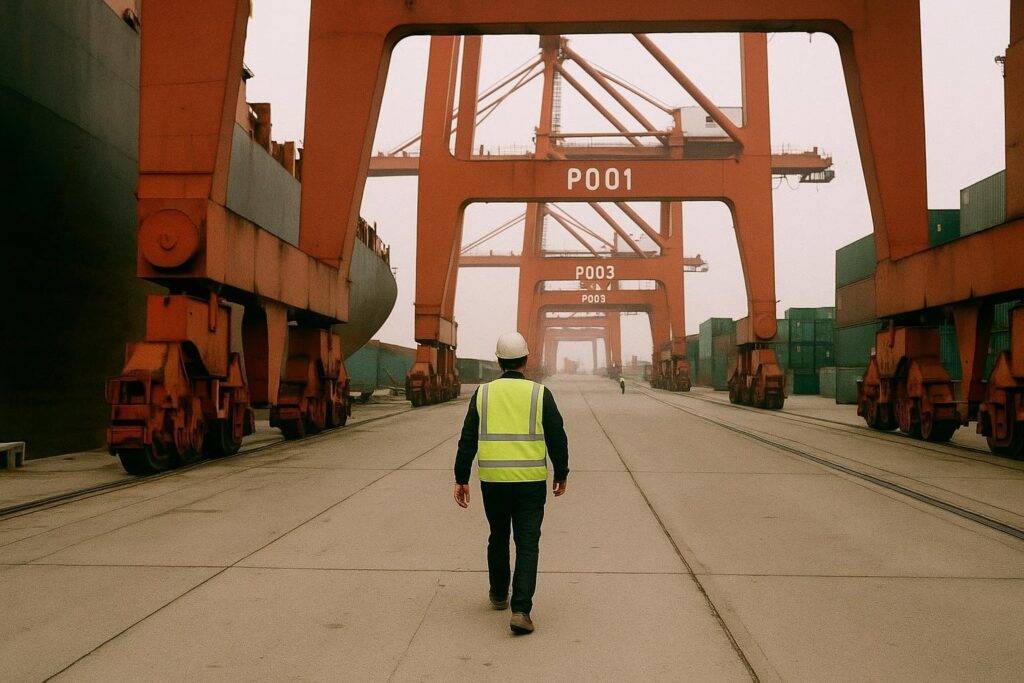Djibouti Arbitration Ruling in London
The London Court of International Arbitration ruled that Djibouti’s port authority owes no compensation to DP World, erasing a US$1 billion claim and charging the Emirati operator for costs. Djibouti officials hailed the outcome as validation of national sovereignty.
Origins of the Contract Breakdown
In February 2018 Djibouti unilaterally ended a 30-year concession granting DP World control of container operations at Doraleh. Earlier tribunals sided with the company, awarding US$685 million, but the state resisted payment while seeking new terms.
Legal experts say the split decisions reveal a layered governance model where the authority, the sovereign and investors hold separate contracts, a structure that can protect sovereignty yet complicate accountability across Africa’s infrastructure landscape.
DP World’s Enforcement Strategy
Within hours DP World denounced “misleading rhetoric” and reminded markets that previous awards remain enforceable wherever Djiboutian assets emerge. The firm manages over ninety global terminals and seeks to deter any notion that concession terms are disposable.
Strategic Importance of Doraleh Port
Positioned at the Bab el-Mandeb choke-point, Doraleh links the Indian Ocean to the Suez Canal. Its eighteen-metre draft accepts the latest megaships, turning Djibouti into a natural hub for energy flows to Europe and consumer goods bound for East Africa.
Land-locked Ethiopia already routes more than ninety percent of its maritime trade through the terminal, so any operational uncertainty resonates far beyond Djibouti’s shoreline and into continental supply chains.
Belt and Road Influence at Doraleh
Since DP World’s exit, China Merchants Group has overseen operations, anchoring the port within Beijing’s Belt and Road Initiative. A neighbouring Chinese naval facility highlights Doraleh’s blended commercial and security profile amid overlapping U.S., French, Indian and Gulf presences.
Djibouti leverages the partnership to broaden services from bunkering to ship repair, deepening revenue streams while intensifying geopolitical interest in the narrow strait.
African Port Sovereignty Trends
Other African governments, including those in Dakar, Mombasa and Lagos, are reconsidering legacy port deals signed under different market conditions. Djibouti’s stance is being studied as a playbook for balancing sovereign control with investor confidence.
Whether the conflict proceeds through new lawsuits or quiet diplomacy, analysts agree that seaports have become instruments of foreign policy as much as logistics.


